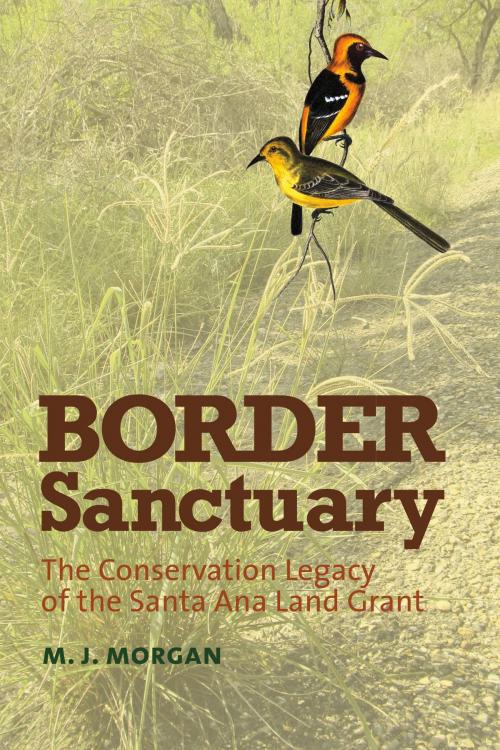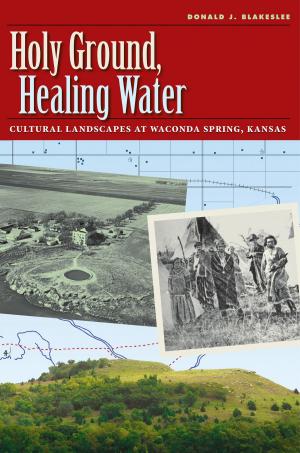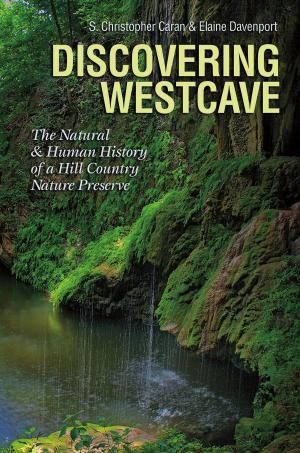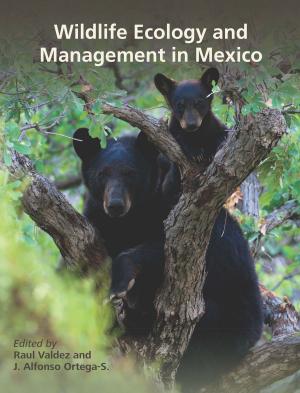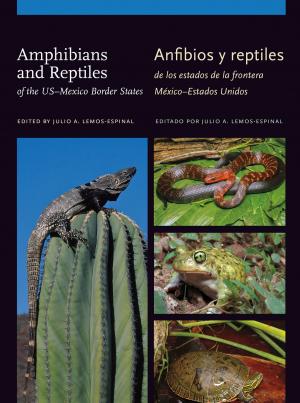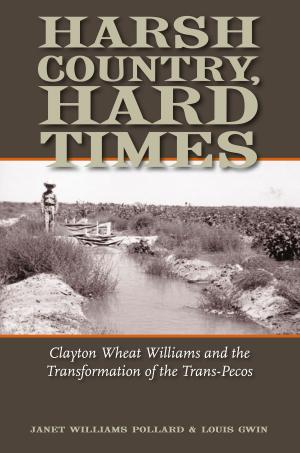Border Sanctuary
The Conservation Legacy of the Santa Ana Land Grant
Nonfiction, Science & Nature, Nature, Environment, Environmental Conservation & Protection, History, Americas, United States, Biography & Memoir| Author: | Morgan Jane Morgan | ISBN: | 9781623493240 |
| Publisher: | Texas A&M University Press | Publication: | September 1, 2015 |
| Imprint: | Texas A&M University Press | Language: | English |
| Author: | Morgan Jane Morgan |
| ISBN: | 9781623493240 |
| Publisher: | Texas A&M University Press |
| Publication: | September 1, 2015 |
| Imprint: | Texas A&M University Press |
| Language: | English |
The Santa Ana National Wildlife Refuge lies on the northern bank of the Rio Grande in South Texas, about seventy miles upriver from the Gulf of Mexico. In Border Sanctuary, M.J. Morgan uncovers how 2,000 acres of rare subtropical riparian forest came to be preserved in a region otherwise dramatically altered by human habitation.
The story she tells begins and ends with the efforts of the Rio Grande Valley Nature Club to protect one of the last remaining stopovers for birds migrating north from Central and South America. In between, she reconstructs a two hundred-year human and environmental history of the original “two square leagues” of the Santa Ana land grant and of the Mexican and Tejano families who lived on, worked, and ultimately helped preserve this forest on the river’s edge.
As border issues continue to present serious challenges for Texas and the nation, it is especially important to be reminded of the deep connection between the region’s human and natural history from the long perspective Morgan provides here.
To learn more about The Meadows Center for Water and the Environment, sponsors of this book's series, please click here.
The Santa Ana National Wildlife Refuge lies on the northern bank of the Rio Grande in South Texas, about seventy miles upriver from the Gulf of Mexico. In Border Sanctuary, M.J. Morgan uncovers how 2,000 acres of rare subtropical riparian forest came to be preserved in a region otherwise dramatically altered by human habitation.
The story she tells begins and ends with the efforts of the Rio Grande Valley Nature Club to protect one of the last remaining stopovers for birds migrating north from Central and South America. In between, she reconstructs a two hundred-year human and environmental history of the original “two square leagues” of the Santa Ana land grant and of the Mexican and Tejano families who lived on, worked, and ultimately helped preserve this forest on the river’s edge.
As border issues continue to present serious challenges for Texas and the nation, it is especially important to be reminded of the deep connection between the region’s human and natural history from the long perspective Morgan provides here.
To learn more about The Meadows Center for Water and the Environment, sponsors of this book's series, please click here.
